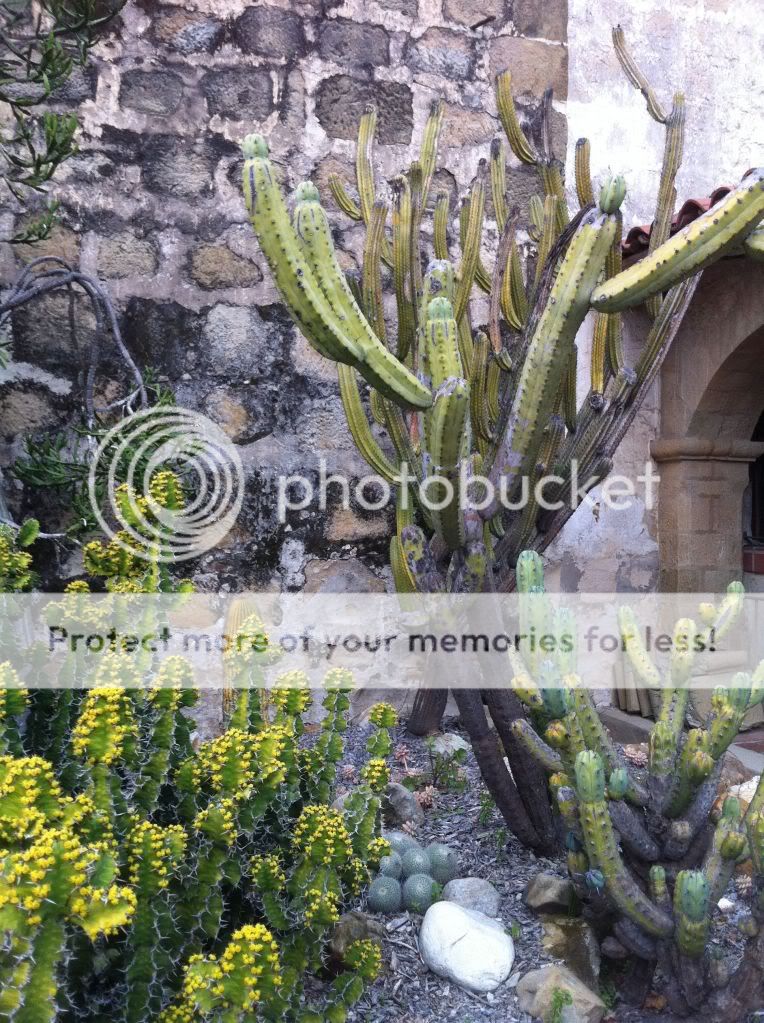When we visited San Diego recently, one of the places I wanted to visit was the Mormon Battalion Historical Site.

In July 1846 the Mormon Battalion was mustered in at Council Bluffs, Iowa, under the authority of Captain James Allen and with the encouragement of Brigham Young. This was shortly after Congress declared war on Mexico.
Two members of the Battalion were my great-great grandfather, Alexander Stephens, Jr.

and his cousin, James Stephens Brown.
The historic site was different than any I'd seen before. On the walls of the alcove where we were seated to await the tour were portraits of various people who were in the Battalion or interacted with it in some way. We thought nothing of it much, until suddenly the folks in the pictures started to talk and even argue with other. One of them even got up and left his picture frame. It reminded me of the pictures at Hogwarts! In any case, we soon were instructed to leave that room and enter another were our seats were logs and rocks. The story of the men enlisting in Council Bluffs, Iowa, was told in this room which really looked more like a camp site than a room. Many of the men didn't really want to enlist, but did it anyway, along with some women and children.
From Council Bluffs they were to march to Ft. Leavenworth, Kansas, to be outfitted, so we marched on into the next room which was fitted up as a sort of store where uniforms and equipment could be issued. Once that was done, we marched on to the next area were we sat on wooden boxes and rocks around a campfire during the presentation. Suddenly there was a loud thundering and shaking. The camp was being overrun by a herd of wild cattle!
It was actually an entertaining presentation. The last room contained various artifacts and information about the Battalion. Two computers were set up with information about each known member of the Battalion, so I looked up Alexander Stephens and started copying down information it had about him, when one of the guides pointed out that I need not copy anything down. At the bottom of the screen was the word 'email'. All you have to do is touch that word and enter your email address and all the information on the screen is emailed to you! By the time I looked at the computer later that night, I had emails about both Battalion relatives.
Of Alexander Stephens it said:
"July 16, 1847; Los Angeles. Traveled in the Hancock–Los Angeles Company to Sutter's Fort. Started traveling to the Salt Lake Valley in the Hancock-Hunt-Pace-Lytle Company but returned to the Sacramento Valley. Donated 10 dollars for purchase of two cannons from John Sutter. In 1848 traveled to the Salt Lake Valley in the Holmes–Thompson Company, arriving in October 1848."
When I turned around to look...there in the middle of the room was one of the cannons that he contributed money for.

Alexander later journeyed north from Los Angeles before going on to Utah. While there, he went to work for John Sutter, digging a millrace. While there, gold was discovered! Alexander's friend and coworker on the millrace, Henry Bigler, kept a journal which told of the discovery. A copy of a page from that journal is also on exhibit there:

They even had an "old-fashioned" camera there to take pictures....which of course could then be emailed wherever we wanted. Here we are...honorary Battalion members:

To finish up, all guests have an opportunity to try panning for gold.

We also took the opportunity to climb to the top of the little tower to see a nice view of the old town area of San Diego. The best part of that to me was the tiled stairway.

For further information about the gold discovery and Alexander Stephens, see:
gold rush
Alexander Stephens





























































